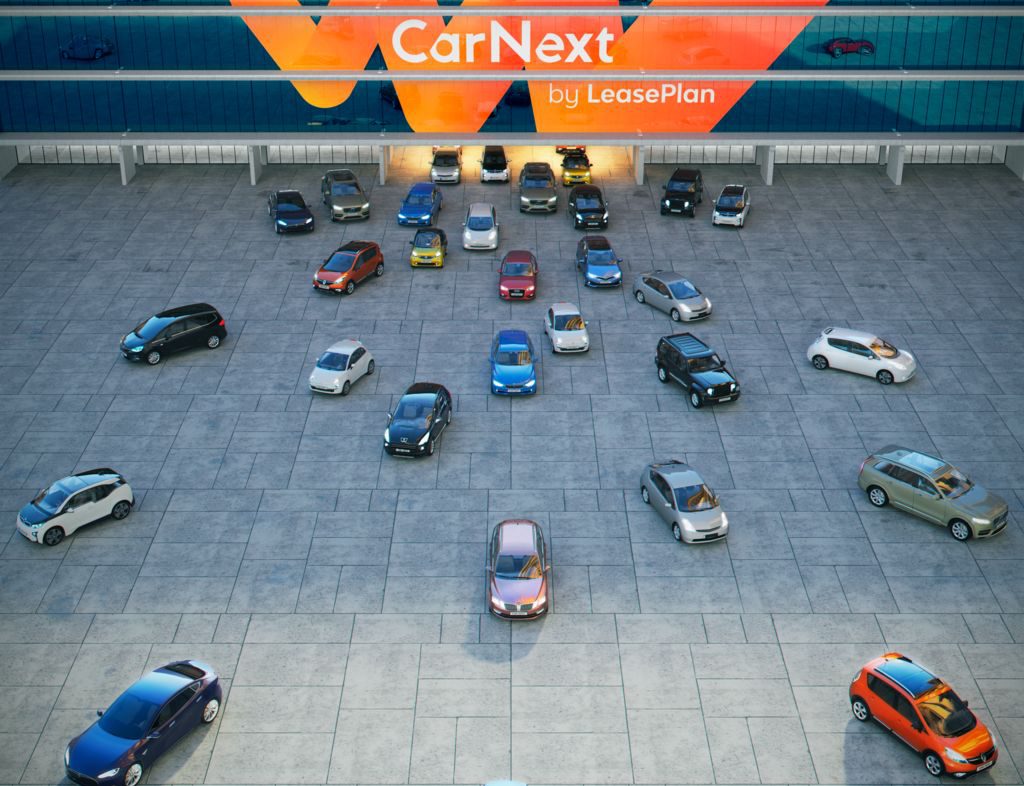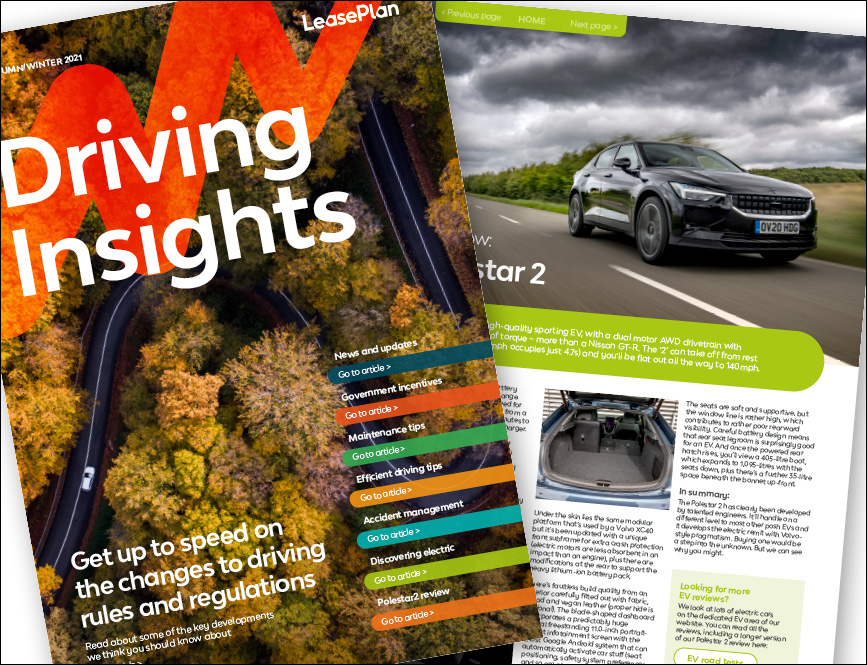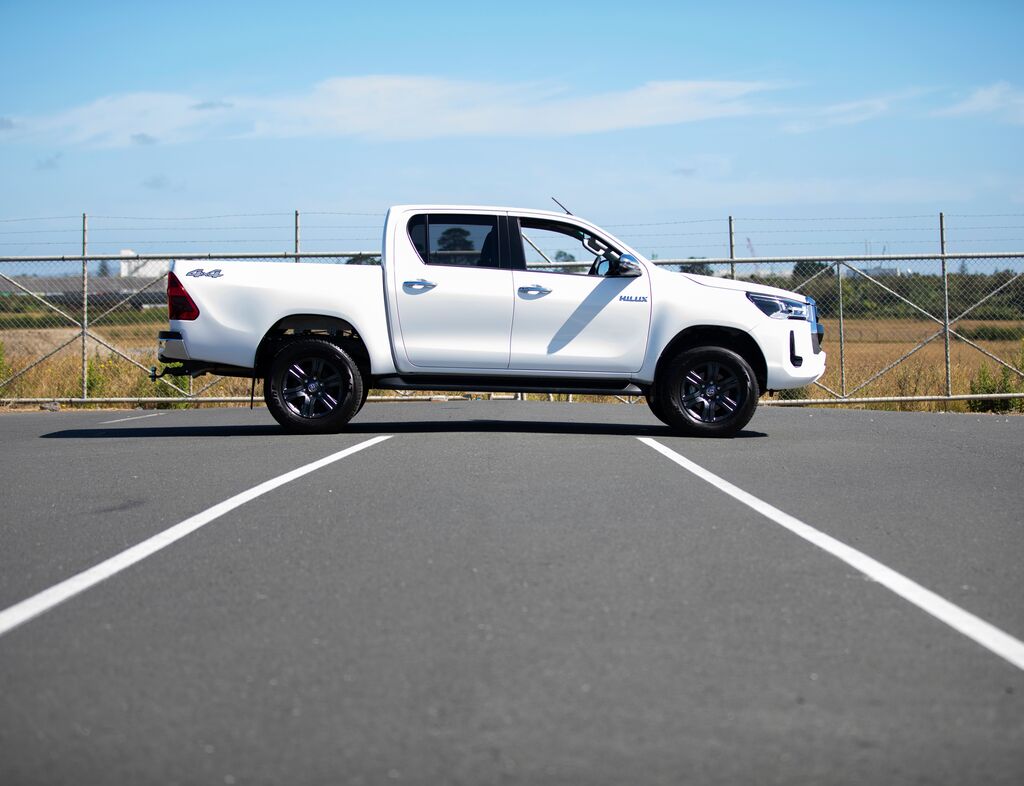Top consideration for buyers
It should come as no surprise that price is the top consideration for 38% of Brits, according to CarNext’s research. It’s easy to understand why, when you consider that used car prices have reached a record high, with the average price of a second-hand car standing at £12,967.
But there are a whole host of other considerations that drivers should be prioritising. For example, safety features and fuel type which are still low on the list of considerations (19% and 16% respectively) despite the fact these are probably two of the most crucial factors.
The research also found that one in ten (13%) consider buying cars more difficult than having a baby. So, to help those on the lookout for a motor not only get the best deal, but also the perfect car for them, the used car experts at CarNext offer the following tips:
What can’t you live without?
When you first start thinking about buying a used car, consider what you’re going to be using it for; do you need extra space to fit in the little ones? Or maybe cruise control, if you’re planning on commuting long distances? Make a list of everything you really need (and no, heated seats aren’t usually a necessity), and take a moment to prioritise so you can determine what’s a must have and what’s just a nice to have.
Short or long journeys
Whether you regularly drive long, or short distances should be taken into account when choosing your next car, as this will help narrow down your choices. If you regularly drive long distances, financially it makes better sense to get a car with high MPG (miles per gallon). This figure will give you an idea of how many miles the car can travel on a tank of fuel, so a higher number will be cheaper to run over long distances. However, if you mostly drive within a city, then it could be worth considering an electric vehicle or one with a smaller engine.
Give yourself a maximum price
Before you get too carried away, do your research and accumulate different price ranges for different makes and mileages. Comparing the most popular second-hand cars, like the Ford Focus or BMW 1 series, can help you get a good idea of the different price ranges. Know your maximum price range, so you can narrow down the types of vehicles that fit your essential criteria. If you’re planning on buying your car on finance, remember to take the monthly cost, initial deposit and final payment into account.
Consider going eco-friendly
With the launch of London’s Ultra Low Emission Zone (ULEZ) and new Clean Air Zones (CAZ) popping up all over the country, you may be considering going electric for your next motor. Electric cars are great if you mainly drive short distances and can install a charging port on your driveway or have regular access to them. If you only have access to a charge point at the local supermarket then you may want to consider a hybrid instead, giving you the best of both worlds.
Check the mileage
Mileage is an important factor that can be easily overlooked when you’re viewing used cars, especially when all your other boxes are ticked. Whether the car has a low or high mileage can drastically alter the value of the car, as well as its maintenance and servicing costs. For the UK, the average annual mileage is 12,000, so cars with less than 60,000 miles on the clock after five years would be considered very low.
Check for hidden costs
Depending on where you’re looking to buy your second-hand car from, there may be hidden costs you will need to be aware of. Typically, the majority of franchised and independent dealers don’t charge admin fees for used cars, however there are those out there that do. These charges can add upwards of £500 to your final bill. To protect yourself from this, always check the advertised price against the final one and see if they differ, as it’s against the law not to display the full price of the car (including any mandatory admin fees).
Tax and insurance
Another element to consider is the amount of tax and insurance you will need to pay. If you know the make and model of the car you’re looking at then you should be able to get an insurance quote from a price comparison website. You will also need to check the tax band your vehicle fits into. This is especially crucial if you’re looking to get an older model car, as they tend to have higher CO2 emissions and therefore can cost you more to tax.
Check the documents
Once you’ve found a car that suits your needs and price range, ensure the car comes with full copies of the maintenance and service records so you can be sure that the car has been properly and regularly maintained. It’s also important to check the vehicle log book so you can see how many previous owners the car has had. You may want to determine whether buying a car with four or five previous owners is right for you. If you’re keen to purchase a vehicle that has only had a one for two previous owners, it might be worth considering an ex-business lease vehicle.
Buying safely
It’s also important that you buy a car from a reputable and trustworthy seller. So, make sure you ask what components of the vehicle have been tested and inspected. For example, has the clutch and gearbox been properly examined or the brake pads thoroughly tested? Ask for this in writing too so you can be sure you’re buying a safe and reliable car that has been prepared ready to be sold.
The extras
Some will offer an extended warranty in addition to any existing manufacturer warranty, so it’s worth asking if this is the case. This is certainly a good sign that the car has been properly checked by the seller and offers a bit more peace of mind.
Take your time
We all know how exciting getting a new car can be, but where you’re buying, when you’re looking to buy and even the colour of the car you want can actually have a massive impact on the price of your car. If you’re looking for a convertible, for example, these are more popular in summer, so they are generally cheaper to buy in the winter. So, try not to rush into anything because you feel under pressure. Take your time, do your research and make sure the car you settle on is right for you, inside and out.
From navigating the terminology, to working your way through the laborious admin, buying a car can be a long and difficult process. Before you spend your time visiting and test-driving cars, make sure you follow the above steps to take the difficulty out of used car buying.
For more information on buying a second-hand car, visit CarNext.com




